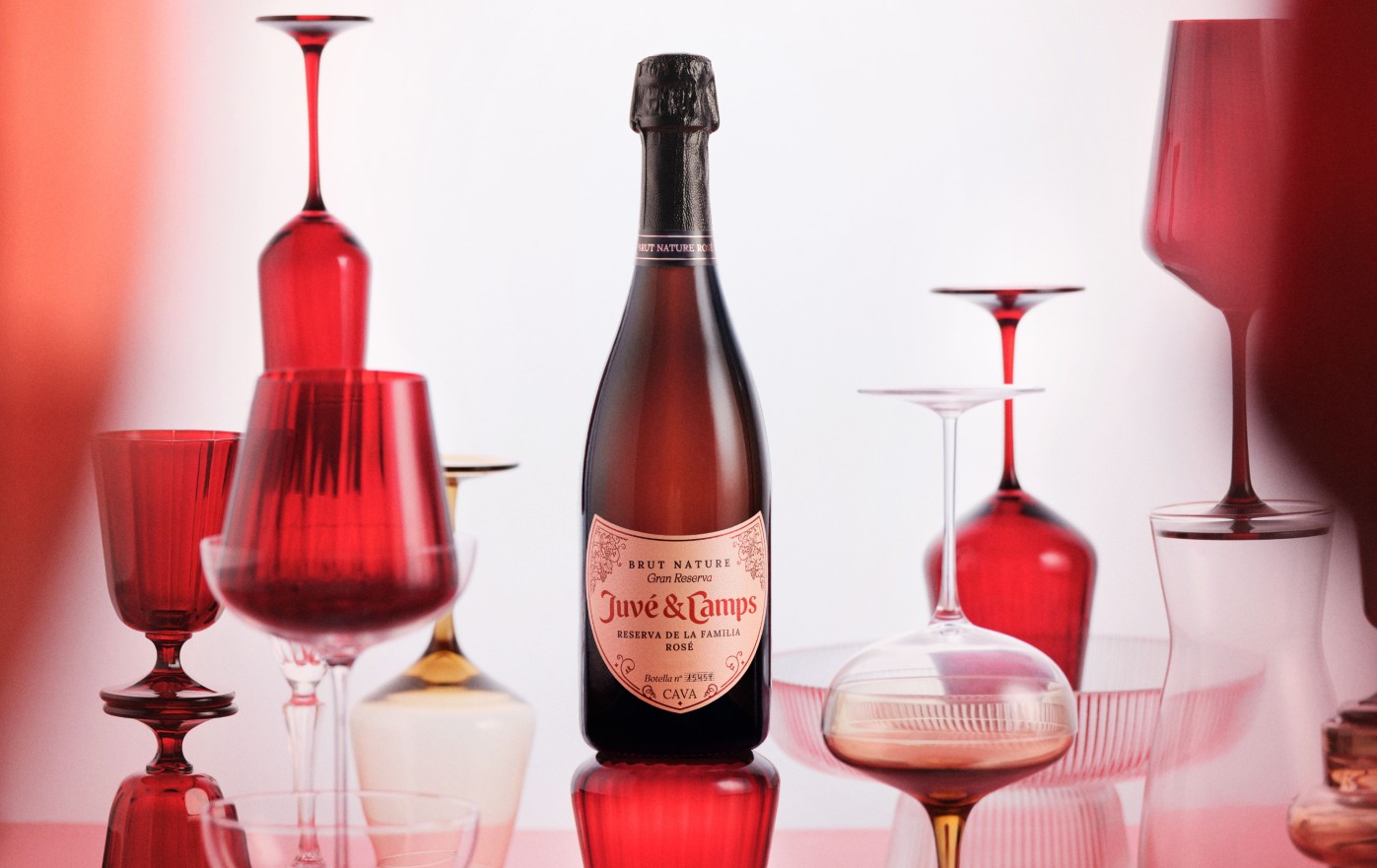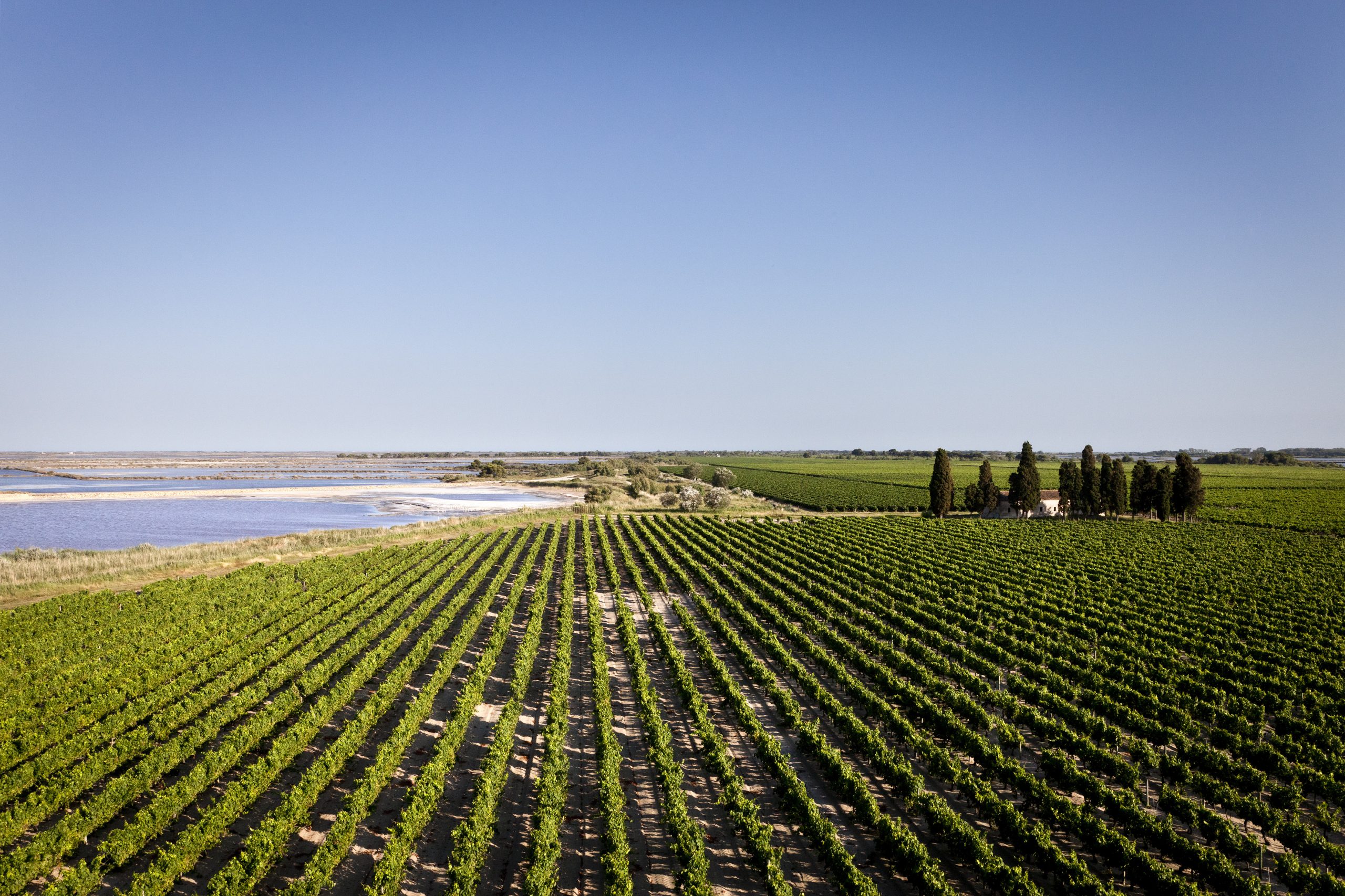Budget Report: “No changes to duty rates”
In his latest budget, the chancellor of the exchequer George Osborne, has reported that there would be no change to the current rates of duty on alcohol.
The duty escalator will remain in place but no further changes to the current rates will be made, meaning that taxation will continue to rise by 2% above inflation.
He made reference to the government’s impending alcohol strategy, which he said would tackle “the growing problem of alcohol misuse”.
Introducing his tax changes he said: “The first goal is a much simpler tax system – we will radically change administration of tax for smallest firms.
We’re pressing forward for ambition to integrate NI and income tax administration. We’ll also address loopholes and anomalies in VAT on food and drink.”
In a move that was expected he also lowered the 50 pence top rate of tax to 45p saying: “The 50p tax rate is highest in the G20 – it is widely acknowledged as harming the British economy.
“I’ve always said it was temporary. A 50p tax rate can only be justified if it raises significant sums of money. What the HMRC report reveals is that 50pc rate has caused massive distortions. £16bn was shifted into previous year, costing the taxpayer £1bn.”
Reaction from the trade was swift. Henry Chevallier, chairman of the National Association of Cider Makers (NACM), said:
“Though not entirely unexpected this decision puts at risk the progress the industry has made in recent years to be more sustainable, to increase consumer choice, to address misuse and grow government revenues.
“The industry has just renewed its commitment to be even more sustainable and to invest in the rural areas where we are based and this move makes that much tougher. This comes at a time when consumers are already reducing their spending – the chance to enjoy a glass of cider just got more expensive.
Partner Content
“There is a budget deficit to address and that is understood. However, for an industry with an investment cycle measured in decades it is vital that we quickly return to a stable and sensible duty regime.
“Stability will ensure that the cider industry can continue to invest at a level that supports the rural economy and help improve the prospects for a very British success story – we don’t have that with this decision.”
The British Beer and Pub Association’s (BBPA) chief executive, Brigid Simmons, said: “This is a huge lost opportunity to put British jobs and pubs first. Beer tax has now risen by 42% since the misguided ‘escalator’ policy was introduced just four years ago. It means the loss of over 5,000 jobs this year, and hundreds of pub closures.
“We need a full debate in Parliament about the wider impact the duty escalator is having on Britain’s brewers and pubs, and the hard-pressed British beer-drinker. The UK already has the second highest beer duty rate in Europe and British consumers pay 40% of the EU’s beer tax bill, despite only drinking 13% of its beer.”
Molson Coors’ CEO and chairman of the BBPA, Mark Hunter, added: “There are no winners from the beer duty escalator. Ordinary British drinkers are paying more tax to drink less beer, reducing overall government tax revenues and forcing British brewing into a deeper, duty-fuelled decline.”
Traditionally, during the budget the chancellor is the only member of parliament allowed to drink alcohol. In the past, chancellor’s have opted for whisky (Kenneth Clarke), gin and tonic (Geoffrey Howe), brandy and water (Benjamin Disraeli) and William Gladstone, who’s budgets were famed for their length (five hours on 18 April 1852) favoured Sherry and beaten egg.
Osborne stuck with a glass of water in his 58 minute speech.
Full analysis of the new budget and its impact on the drinks industry will appear online and in the April issue of db.




